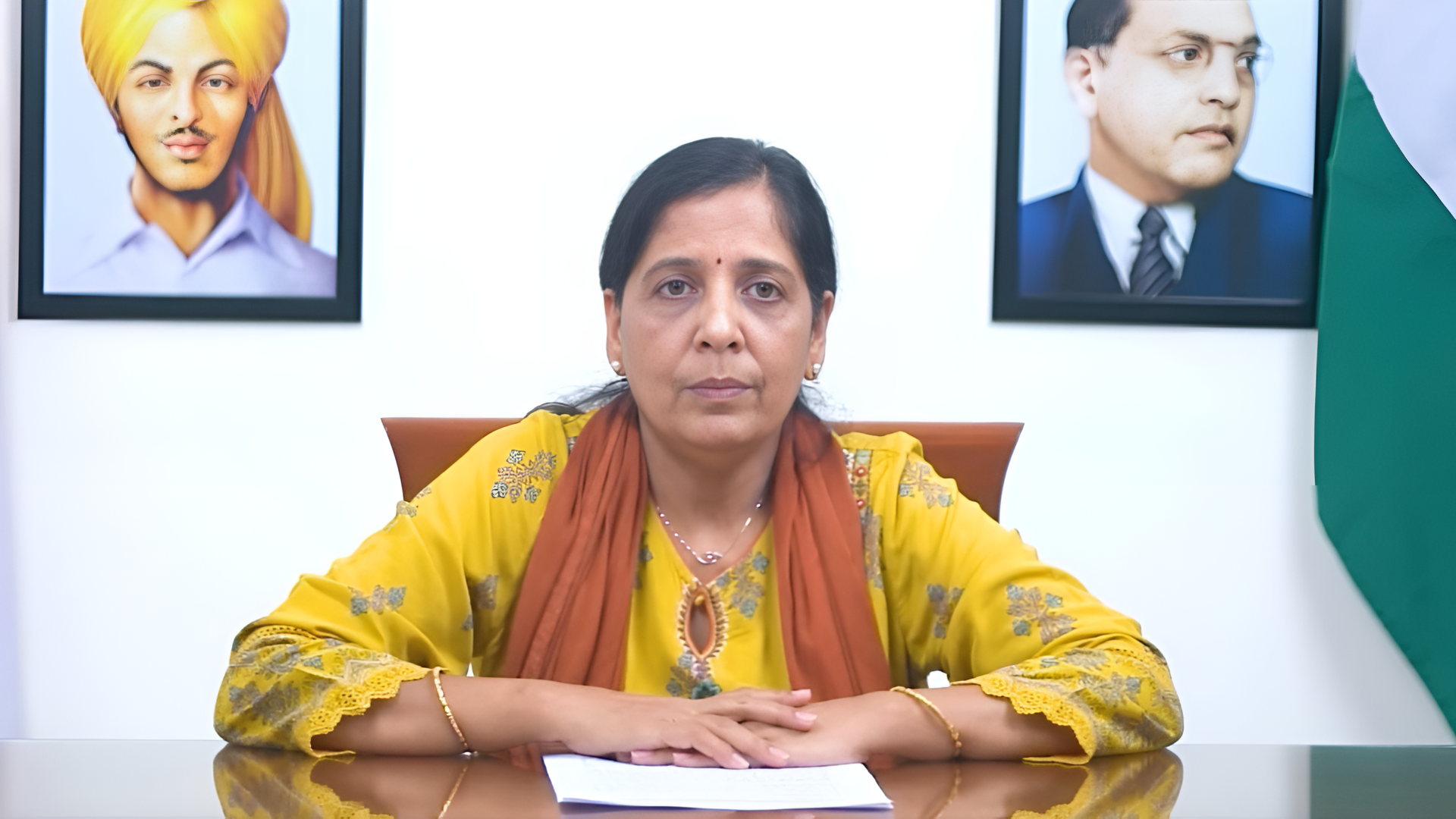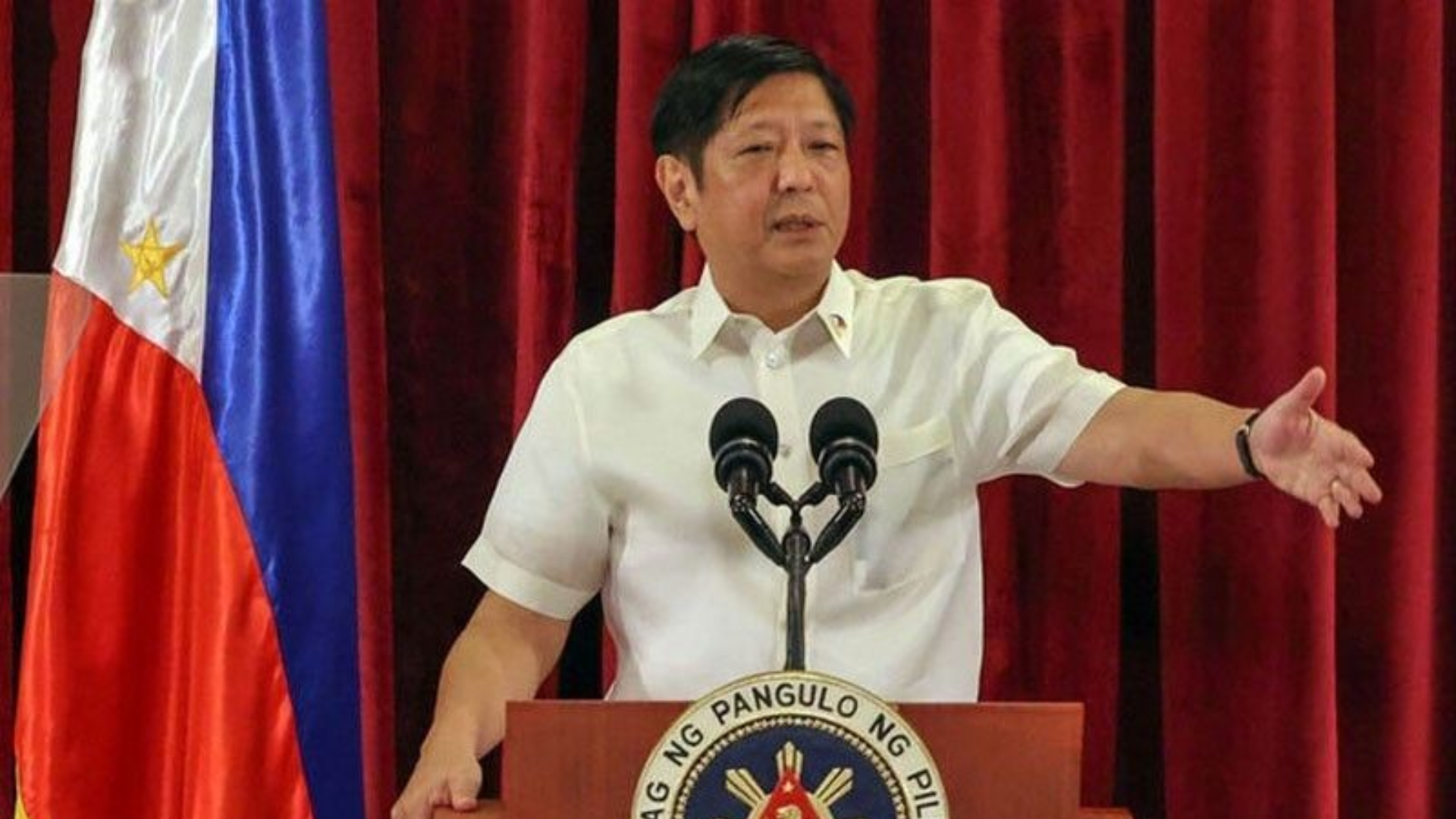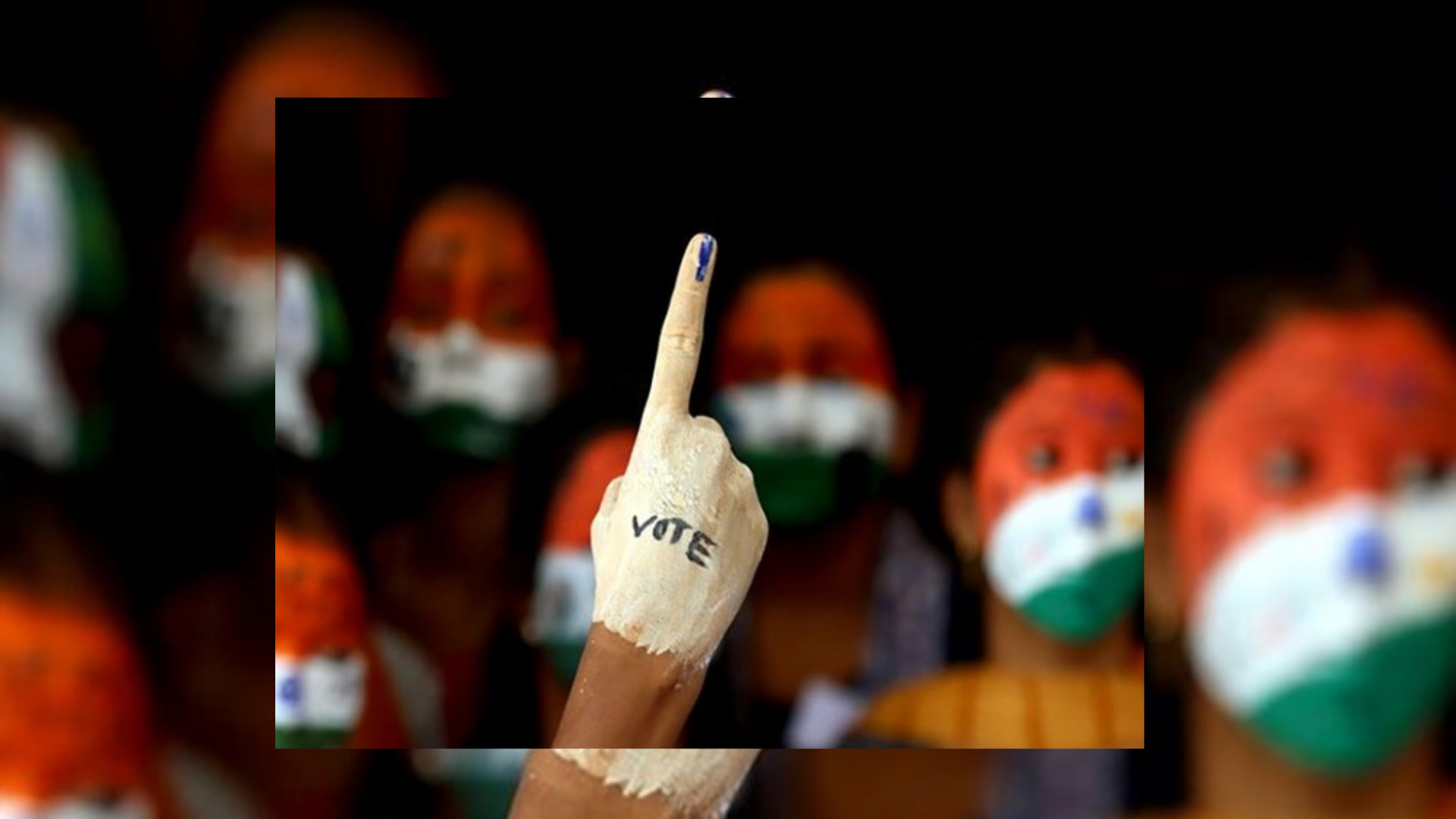


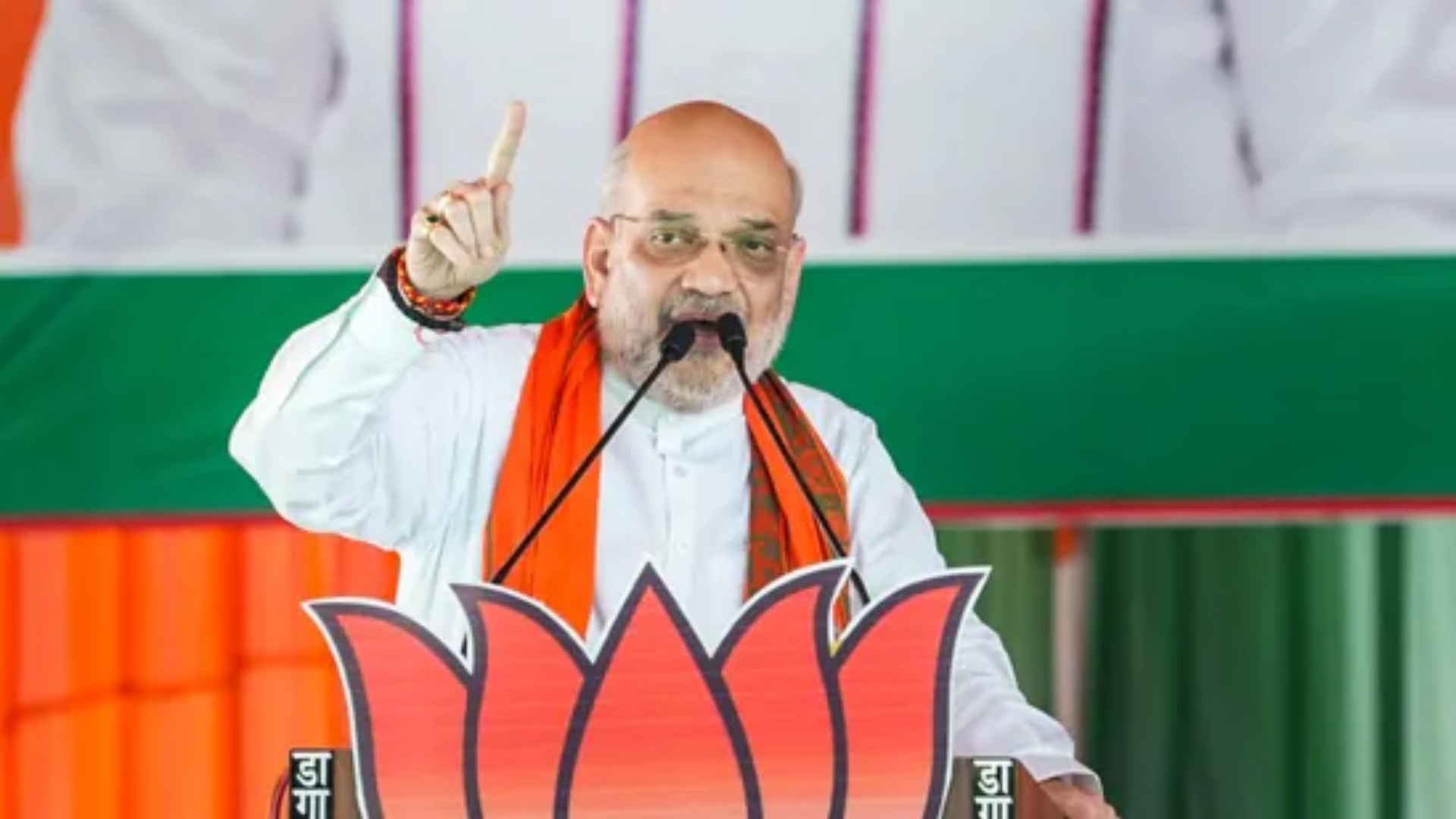

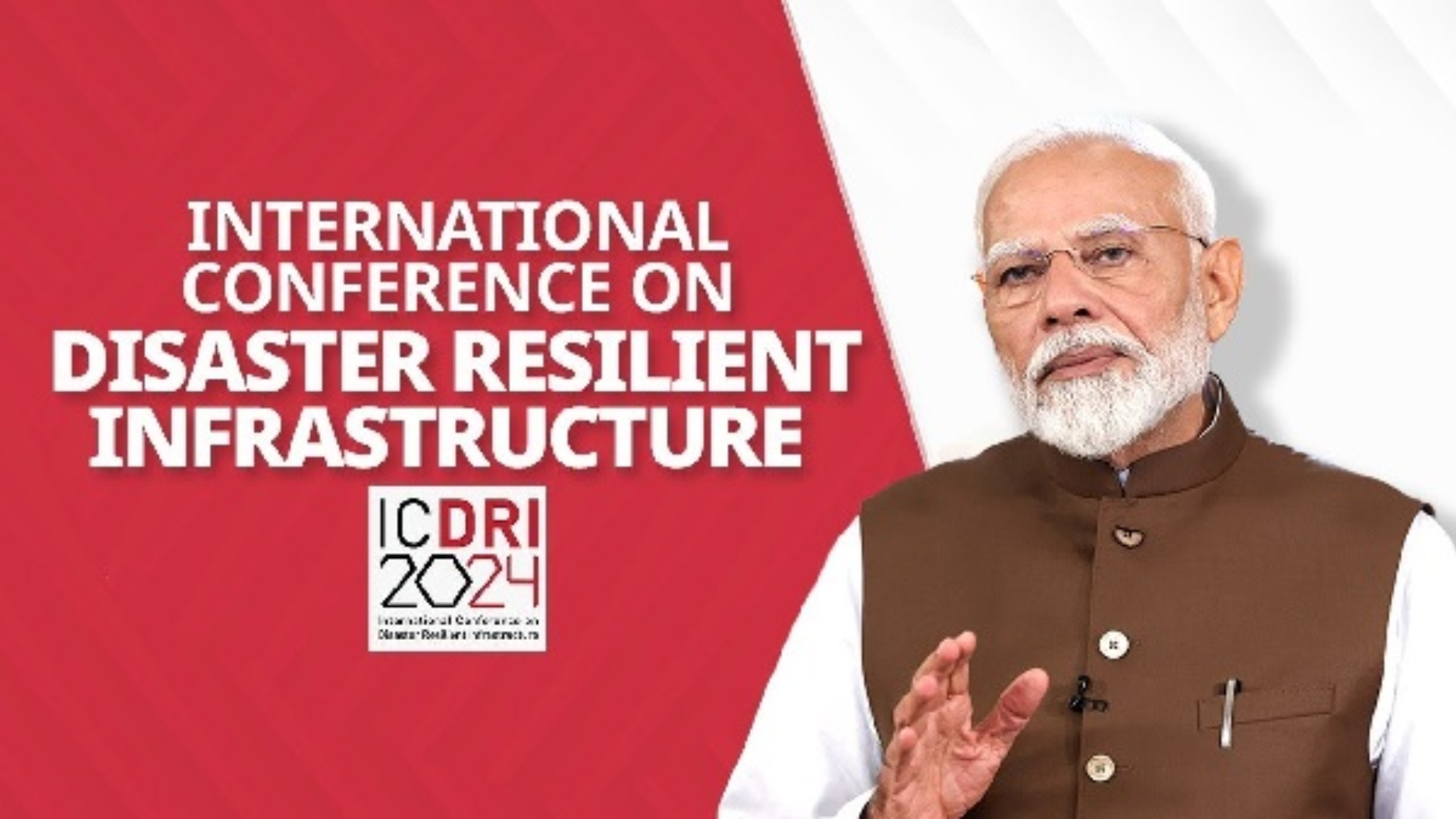


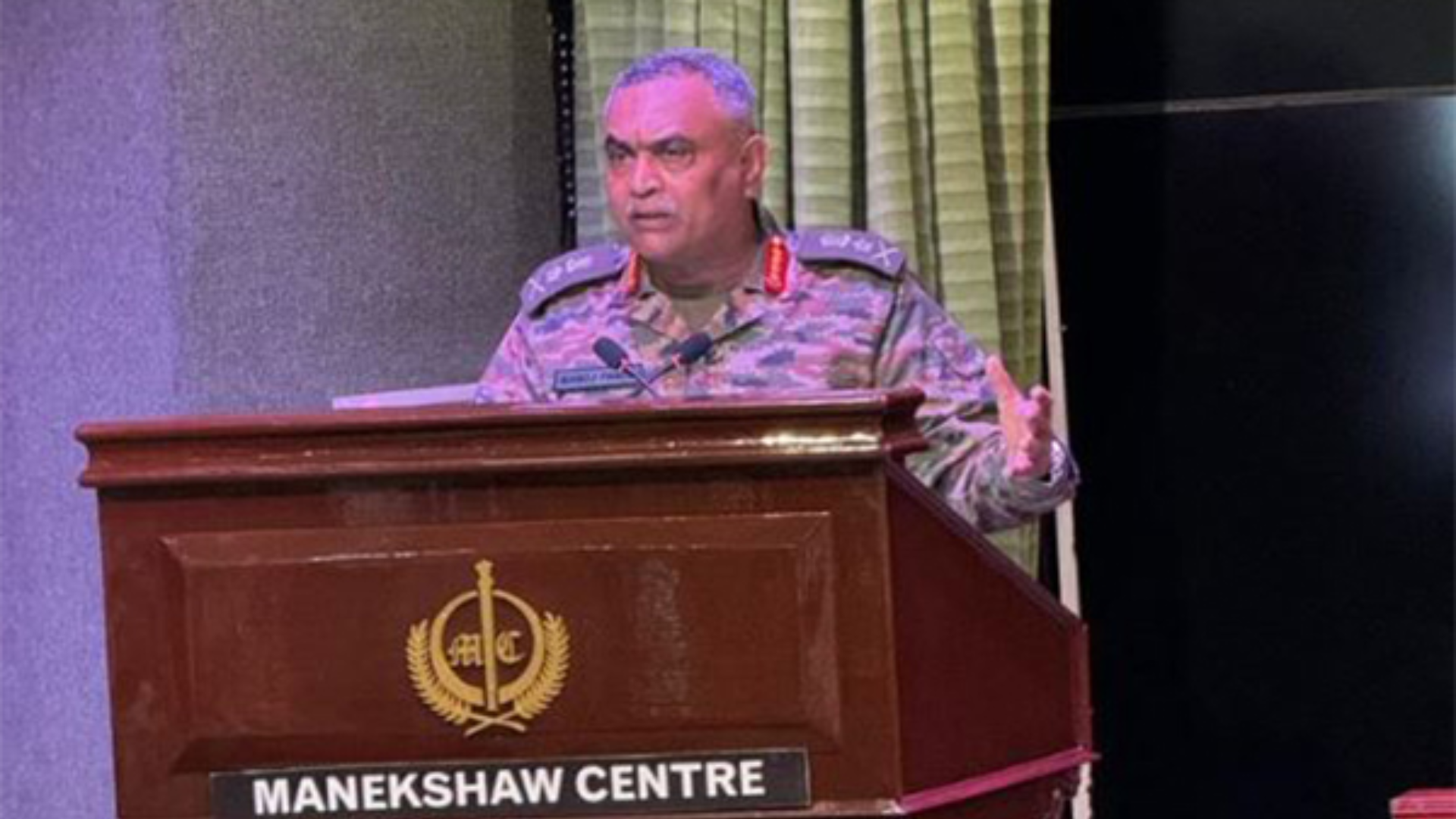
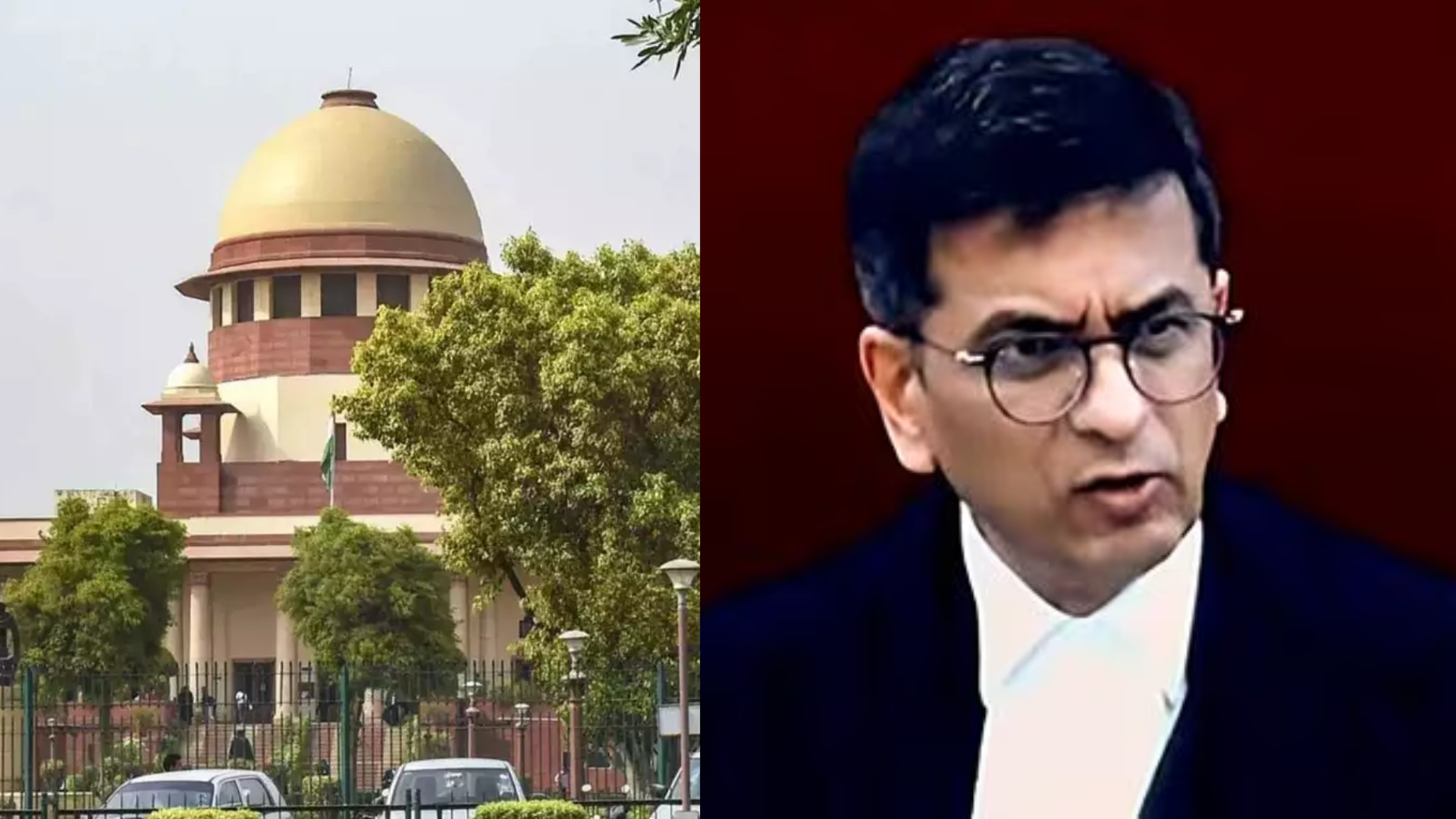
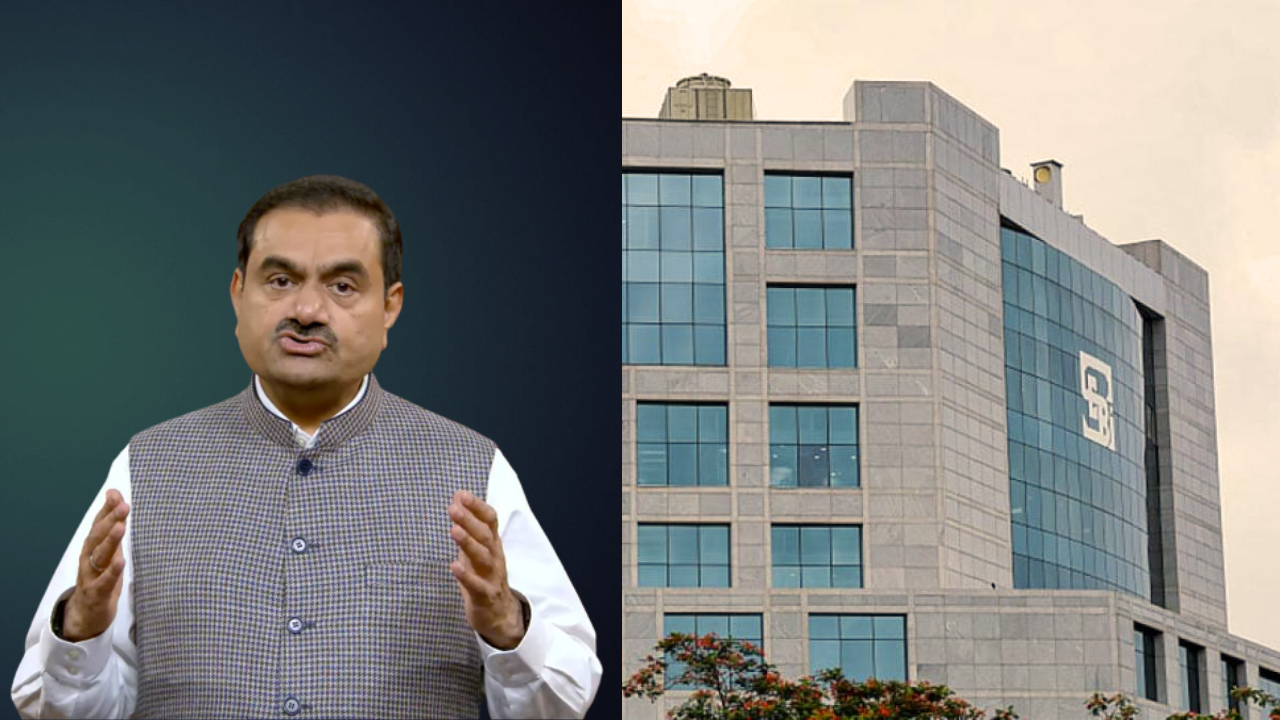
The Securities and Exchange Board of India has termed the claims of an ongoing SEBI investigation into Adani group companies since 2016 as factually baseless. The market regulator informed Supreme Court on Sunday as it sought a time extension for an in-depth probe into the company.
In response to a petition concerning Hindenburg Research’s report on the Adani Group, SEBI has filed a rejoinder affidavit. SEBI had requested a six-month extension to complete the investigation detailed in the report by US short-seller Hindenburg Research.
The Supreme Court stated orally on Friday that they will extend the time for the SEBI investigation, but not for six months, and that they can extend the time for the investigation by three months.
Petitioners claimed that SEBI had been investigating the Adani Group since 2016. The regulator informed the Supreme Court that the earlier SEBI investigation was conducted in relation to the issuance of Global Depository Receipts (“GDRs”) by 51 Indian listed companies.
The regulator told Supreme Court, “Pursuant to the completion of the investigation, appropriate enforcement actions were taken in this matter. Hence, the allegation that the Securities and Exchange Board of India (“SEBI”) is investigating Adani since 2016 is factually baseless. I, therefore, say and submit that reliance sought to be placed on the investigation pertaining to GDRs is wholly misplaced.”
SEBI testified before the Supreme Court that, as part of an investigation into Minimum Public Shareholding (“MPS”) norms, SEBI had already approached eleven overseas regulators in accordance with the Multilateral Memorandum of Understanding (“MOU”) with the International Organization of Securities Commissions (“IOSCO”).
Several information requests were made to these Regulators. The first request was made to overseas regulators as early as October 6, 2020, and SEBI informed the court.
SEBI argued before the Supreme Court that the request for an extension of time was filed to ensure the carriage of justice while keeping investors and the securities market in mind because any incorrect or premature conclusion of the case reached without full facts material on record would not serve the ends of justice and would thus be legally unworkable.
The market regulator has informed the Supreme Court that, in connection with the SEBI investigation and examination associated with the 12 transactions mentioned in the Hindenburg Report, it is noted that these transactions are highly complex and have many sub-transactions across numerous jurisdictions and that a rigorous investigation of these transactions would necessitate the collation of data/information from various sources, which includes bank statements obtained from various domestic as well as international banks.
The Supreme Court, on March 2 directed the capital market regulator SEBI to look into any breaches of securities law by the Adani Group in the aftermath of the Hindenburg report, which resulted in an enormous wipeout of the Adani Group’s market value of more than USD140 billion.
The Supreme Court also established an expert committee to investigate the issue brought up by the Hindenburg Research report on Adani Group companies. The committee will be composed of six members, led by former Supreme Court Justice AM Sapre.
The top Court then ordered SEBI to submit a status report within two months. Additionally, the Supreme Court was subsequently hearing petitions related to the Hindenburg report, including the creation of a committee concerning regulatory mechanisms that would safeguard the interests of investors.
Adani was accused of stock manipulation and fraud in the Hindenburg report on January 24.
The Adani Group has labeled Hindenburg an “unethical short seller,” claiming that the New York-based entity’s report was “nothing but a lie.” A short-seller in the securities market profits from the subsequent drop in share prices.





